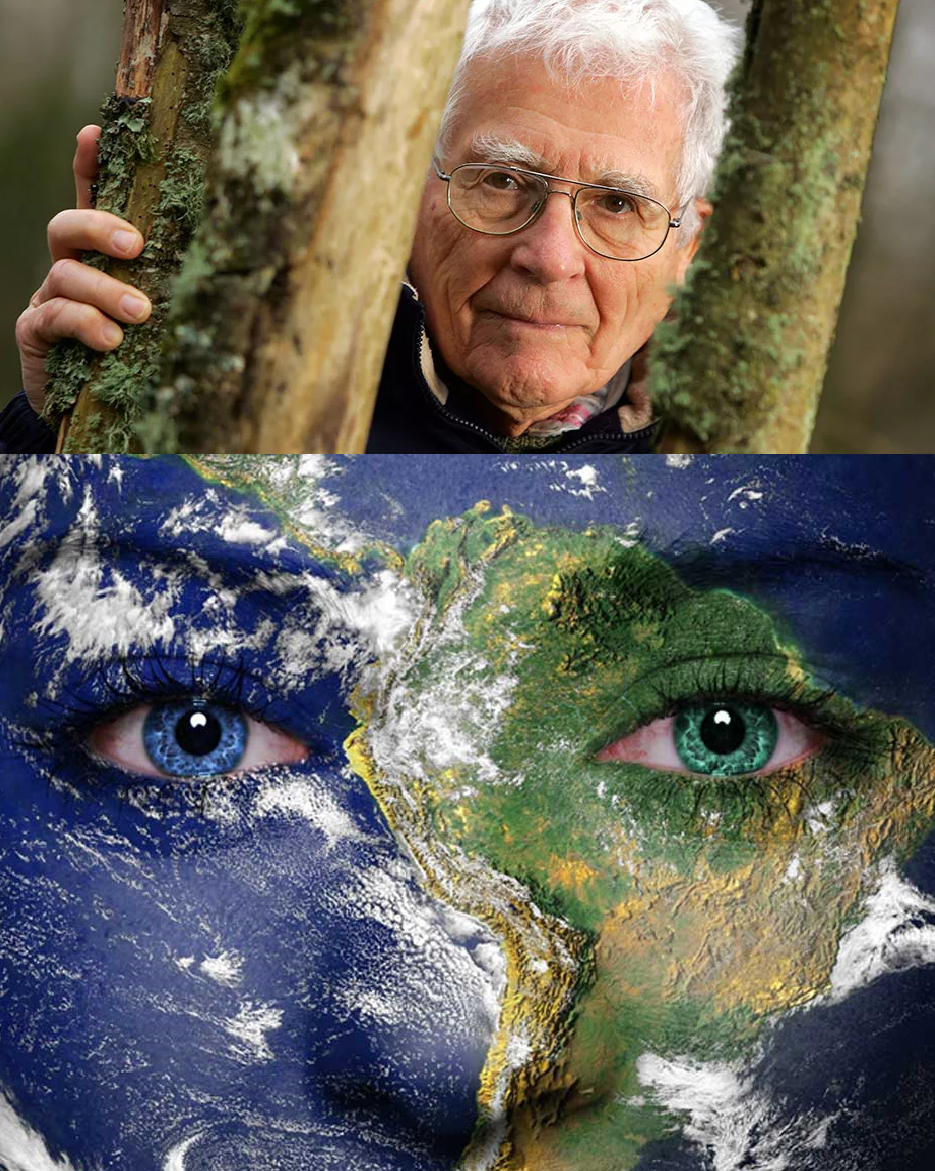'Sequential Selection' Believed To Be Key to Unlocking Gaia Puzzle
/'Sequential Selection' Believed To Be Key to Unlocking Gaia Puzzle
Developed by scientist and inventor James Lovelock, and microbiologist Lynn Margulis, the Gaia hypothesis originally proposed that life, through its interactions with the Earth’s crust, oceans, and atmosphere, produced a stabilising effect on conditions on the surface of the planet – in particular the composition of the atmosphere and the climate. With such a self-regulating process in place, life has been able to survive under conditions which would have wiped it out on non-regulating planets.
[. . . ]
While it is now accepted that life is a powerful force on the planet, the Gaia hypothesis remains controversial. Despite evidence that surface temperatures have, bar a few notable exceptions, remained within the range required for widespread liquid water, many scientists attribute this simply to good luck. If the Earth had descended completely into an ice house or hot house (think Mars or Venus) then life would have become extinct and we would not be here to wonder about how it had persisted for so long. This is a form of anthropic selection argument that says there is nothing to explain.
